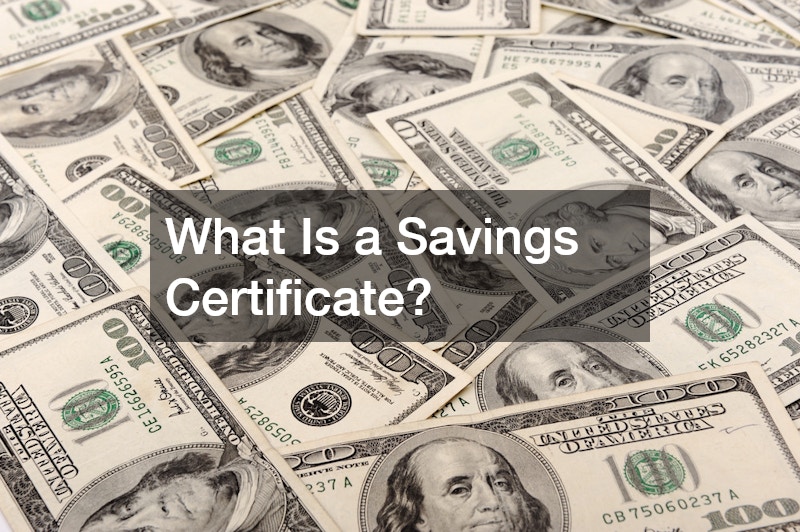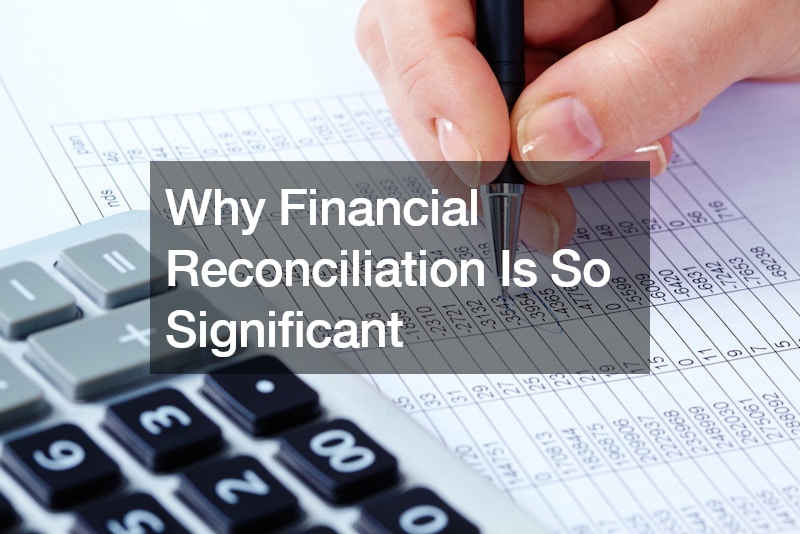
A savings certificate, often referred to as a certificate of deposit (CD), is a financial product offered by banks and credit unions that allows individuals to deposit money for a fixed period in exchange for a guaranteed interest rate. It’s an excellent option for those looking to earn higher interest on their savings without taking on significant risks. However, it differs from a traditional savings account in several ways, particularly in terms of access to your funds and the interest rate provided.
Let’s explore what a savings certificate is and why it might be a smart investment choice for you.
1. How Does a Savings Certificate Work?
A savings certificate functions similarly to a time deposit. When you purchase one, you agree to leave a certain amount of money with a bank or credit union for a specified period—this could be anywhere from a few months to several years. In return, the institution offers a fixed interest rate on your deposit, which remains unchanged for the entire duration of the certificate. Once the term is up, also known as the maturity date, you can withdraw your original deposit along with the interest it has earned.
During the term of the savings certificate, you generally cannot withdraw the money without facing a penalty. This is different from a regular savings account, where you can access your funds at any time. The benefit, however, is that savings certificates often come with higher interest rates, rewarding you for committing your money for a longer period.
2. Interest Rates and Terms
One of the main reasons people opt for a savings certificate is the guaranteed interest rate. Unlike variable-rate savings accounts, which can fluctuate based on market conditions, the interest rate on a savings certificate is fixed. This means that even if rates drop after you’ve opened the certificate, your interest earnings remain locked in at the higher rate.
Typically, the longer the term of your savings certificate, the higher the interest rate you’ll receive. For example, a one-year certificate may offer a lower rate than a five-year certificate. However, it’s important to consider your financial goals and whether you’ll need access to the funds during the certificate’s term, as early withdrawals can result in penalties that may offset the interest earned.
A savings certificate is a secure and reliable way to grow your savings over time. With a fixed interest rate and protection from market volatility, it’s an attractive option for those seeking a low-risk investment. Whether you’re saving for a future goal or simply looking to make your money work harder, a savings certificate can provide a guaranteed return, making it a valuable addition to your financial strategy.
.




